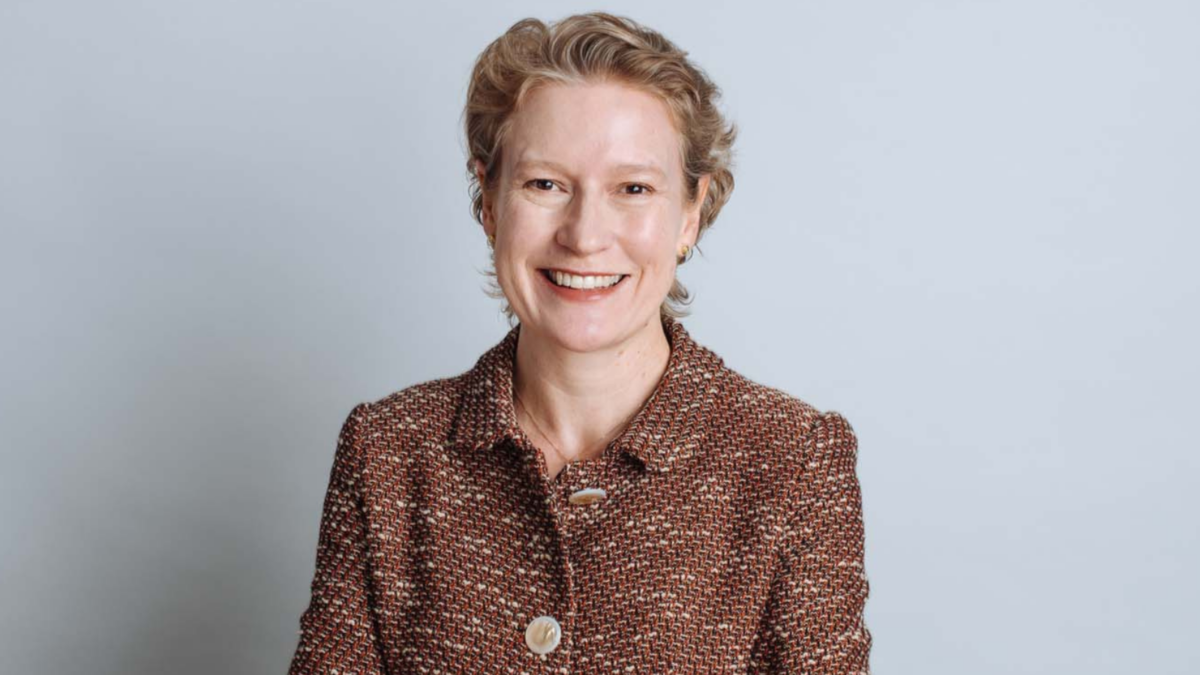E is not for easy
Recent years have had pundits focus on the potential growth and relative valuation of emerging markets. The terminology alone is obtuse, just what is emerging? Korea, Saudi Arabia, Brazil, Indonesia, Czech Republic?
For many investors these are not what they sign up for. Rather the perception is of marginal economies in terms of global GDP, weak or narrow financial systems, but importantly, vigorous youthful economies and exciting companies. Russia is not a front of mind example.
The irrelevance as the EM designation as though this is what matters is all too obvious. China at near 40% of the index is clearly the swing factor. Any fund manager that is benchmarked against the EM MSCI index is going to live by the sword of weight to China.
Sector decisions are no less intricate. Financials are the top weight at 20% while consumer discretionary and information technology match off at near 16% each. Imagine being the financial analyst working through every country’s monetary policy and regulation never mind the corporation itself. To add to the confusion, a commonly held stock big cap financial such as HDFC (India’s largest private bank) is not in the MSCI EM index but is in the MSCI India index.
Active EM managers can be crowded into the top 10 stocks with Alibaba, Tencent, TSMC, Samsung and Ping An almost always well represented. Global mandates hold them as well and a portfolio may find itself with an unintended high weight to these stocks.
This spaghetti can frustrate any active manager with twists and turns in country and sector performance compared to the index. The easy capitulation is just to use a passive tracking fund. But the inefficiency in these markets and prospect of having some insight into potential events should override the index.
Note the difference in the MSCI EM index and the other commonly used FTSE EM index. The latter excludes South Korea (it is in developed markets), has a larger stock universe and lower weight to the China mega stocks. As China’s weight in the index looks set to increase, there is a case to be made for an ex China EM index.
Persistence in relative performance is unsurprisingly low given the chance of being on the right side of momentum and events all of the time. To avoid that, some active managers tend to stick close to country index weights.
Active EM managers often make much of their team’s diversity, language skills and have a distinct pattern of travel tales with local anecdotes. This does not appear to be well correlated with performance.
It is hard to walk away from the potential for EM equities. Thematically the logical capacity to skip straight into ecommerce, fintech or robotics without the drag from imbedded systems holds great appeal. Yet the region has been far from a stellar outcome in the past decade. The modest return on equity is one reason. As companies mature and align their management focus with shareholders, this could change.
Providing a satisfactory solution for a portfolio is challenging. This is one case where a pragmatic judgement is required. Take on the index and live with its flaws. Or go active and be prepared for variable performance that may be hard to explain to a client. But it is also not for the too-hard basket, it may not take much for EM to return to the equity performance that first brought it to the fore.











